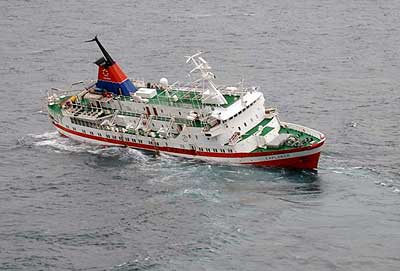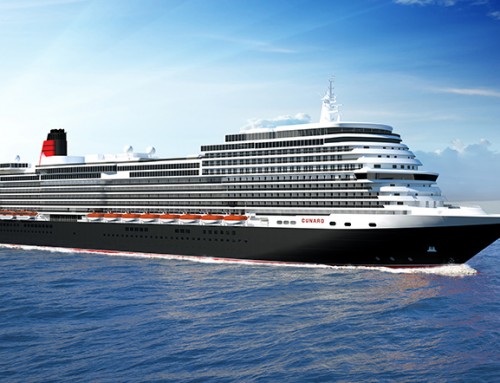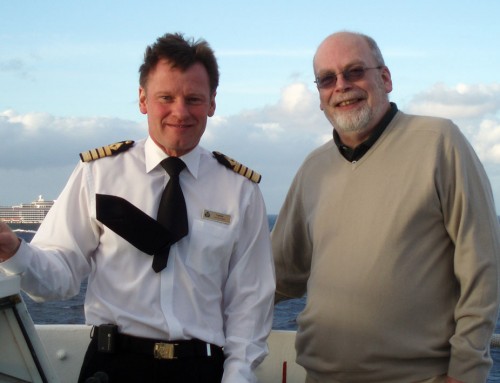
A investigation into the sinking of the expedition cruise ship Explorer in Antarctic waters places the blame squarely on the vessel’s captain, who was making his first voyage in the area.
The ship’s 154 passengers, including 24 Britons, escaped alive in the November 2007 incident, largely thanks to “unusually benign” weather conditions according to the report, which will add to growing international pressure for tighter regulation of Antarctic cruises.
Explorer was holed by ice and rapidly began to flood when it entered an ice field at night. Crew attempted to staunch the inflow of freezing cold water with pillows and wood as passengers waded to safety and the lifeboats.
According to the Independent on Sunday, passenger Georgie Hale from Coventry said there was pandemonium.
“It was absolute chaos at that point. People just went where they wanted to. The lifeboats were deplorable – there was no organisation at all. The thermal blankets were like nylon body bags and the zip was corroded on all of them.”
Investigators said the open lifeboats were so crowded people had to stand, and one of the most damning revelations was that three of the four engines on the lifeboats did not work.
The report blames the lack of Antarctic experience of the Swedish captain, Bengt Wiman. The ill-fated trip was his maiden voyage as a skipper in the region and he failed properly to identify the dangers confronting his ship. He is also criticised for evacuating the ship without taking its “white box” accident recorder.
The Explorer, a 40-year-old, Liberian-registered vessel being operated by Canadian G.A.P. Adventures, sank in deep water in November 2007. It had been on an 18-day round trip voyage from Ushuaia for which passengers had paid up to £3,900 each.
The investigation was carried out by the Liberian Bureau of Maritime Affairs and the full report recommends that “administrative action” be taken against the captain, and that G.A.P. should reassess its procedures for abandoning ship.
The International Association of Antarctica Tour Operators said its members are scrutinizing the report’s findings for “valuable lessons to be learned that will allow us to build on industry best practice and IAATO’s commitment to safe and environmentally responsible private-sector travel to Antarctica.”






Leave A Comment